Decolonization
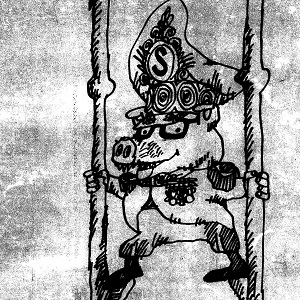
Somoza cartoon
This pamphlet cover, published in 1978 by a U.S. solidarity organization, is a fantastic focal point for exploring periodization in the history of U.S.-Nicaraguan relations.
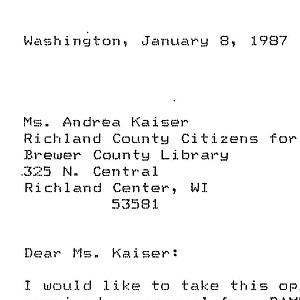
Letter from the Nicaraguan embassy
This 1987 letter from the Nicaraguan embassy to Richland County Citizens for Peace and Justice, RCCPJ, a Wisconsin solidarity organization, highlights the ways in which non-state actors can craft impactful foreign policies.
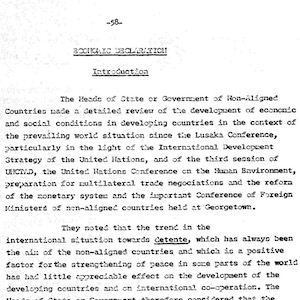
Economic Declaration of Nonaligned Countries
This document is part of the economic declaration of the Fourth Nona

"The Problems of Third World Development"
The text is an excerpt from the 1974 Houari Boumédiène’s speech to t
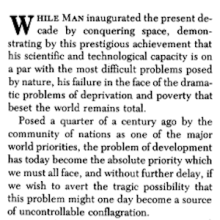
Short Teaching Module: The Nonaligned Movement and Cold War Détente
Since the early Cold War, neutral and nonaligned countries sought to

Photograph from an Independence Protest, Alexandria, Egypt, 1919
Following the close of World War I, Egypt became a hotbed of anti-colonial nationalism. Leaders of the nationalist Wafd party formally demanded Egyptian independence to British and US officials, utilizing many of U.S. President Woodrow Wilson’s own phrases and rhetoric in their appeals.
Excerpts from Harem Years: Memoirs of an Egyptian Feminist, 1879-1924
The peace process that followed World War One catalyzed calls for self-determination around the colonized world. Existing nationalist organizations seized on the liberal pretensions of the Entente Powers to articulate social and political demands to colonial powers.

Indigenous Law Web Archive
The Indigenous Law Web Archive is an archive of documents concerning the laws and practices of Indigenous nations of the US, which have their own sovereign governments.Eltaher Collection
This collection is a good resource for learning about the fight for decolonization in the Middle East and Northern Africa, from the perspective of those being colonized.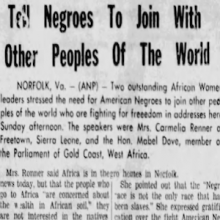
Short Teaching Module: Race, Gender, and Transnational Histories of Solidarity
Studying transnational histories of solidarity among women of African descent reveals new dimensions of global political and social movements through the intersection of race and gender.